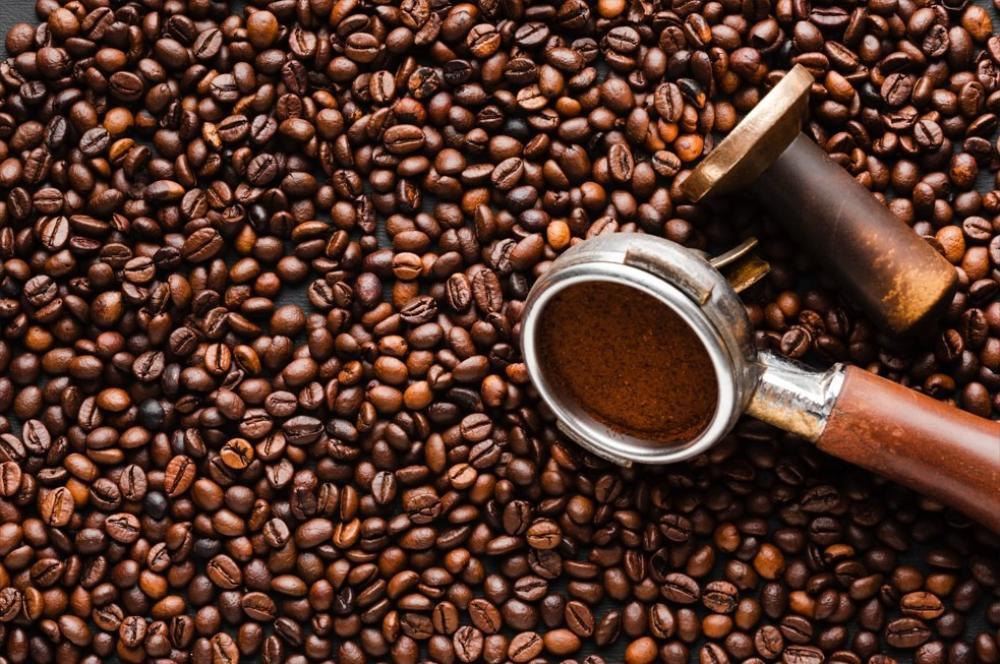Every morning, millions of people around the world turn to their cup of coffee as if it were an indispensable daily ritual. These morning moments are not just a habit or a luxury; they are the start of a day filled with vitality and alertness, and the main reason behind this is due to a magical ingredient known as caffeine. Caffeine is not just a temporary stimulant; it is a natural compound with amazing properties that directly affect the activity of the body and mind. Despite the common image of caffeine as an element for focus and alertness only, its benefits extend much further. From improving physical performance, to supporting brain function, to stimulating metabolism, to even reducing the risk of some chronic diseases, caffeine plays a remarkable role in supporting the body's health in scientifically studied ways.
Benefits of caffeine for body health
Caffeine has many benefits for the body, but if used in moderation without overdoing it or consuming large quantities, the most prominent benefits of caffeine for the body are as follows:
1. Increased activity and concentration
Caffeine stimulates the central nervous system, which helps improve attention, reduce fatigue, and enhance mental performance, especially in tasks that require prolonged concentration.
2. Improving athletic performance
Caffeine helps increase the body's physical endurance and stimulates the use of fat as an energy source, reducing the feeling of fatigue during exercise.
3. Improve mood and reduce symptoms of depression
Caffeine stimulates the release of certain brain chemicals, such as dopamine and serotonin, which positively impact mood and may reduce the risk of depression.
4. Strengthening short-term memory
Some studies suggest that caffeine can help enhance concentration and memory for short periods after consumption.
5. Contributing to the prevention of some diseases
Some research has linked caffeine consumption to a reduced risk of diseases such as Alzheimer's, Parkinson's, type 2 diabetes, and even some types of cancer, thanks to its antioxidant properties.
6. Stimulate metabolism and help burn fat.
Caffeine may increase your body's basal metabolic rate, which helps speed up the burning of calories and fat, thus supporting weight loss programs.
The harms of caffeine to the body
It can be harmful if consumed in excess. Here are its most notable potential harms:
1. Insomnia and sleep disorders
Consuming caffeine late in the day may affect sleep quality or make it difficult to fall asleep, especially in people who are sensitive to it.
2. Anxiety and stress
Caffeine stimulates the nervous system and may increase feelings of anxiety, tension, or nervousness, especially if consumed in large amounts.
3. Stomach and digestive disorders
It can increase stomach acidity, causing heartburn or digestive irritation in some people.
4. Temporary high blood pressure
Although the effect is often temporary, some studies suggest that caffeine may raise blood pressure, especially in people who are not used to it.
5. Addiction and dependence
Over time, the body may develop a tolerance to caffeine, leading to withdrawal symptoms such as headaches, fatigue, mood swings, and difficulty concentrating when you suddenly stop consuming it.
6. Tachycardia
In some cases, caffeine may cause heart palpitations or irregular heartbeat, especially if consumed in high doses or with energy drinks.
safe amount
Consuming up to 400 mg of caffeine per day (roughly the equivalent of 3 to 4 cups of coffee) is considered safe for most adults, but sensitivity to caffeine varies from person to person.
Approximate amount of caffeine in some common beverages
A regular cup of black coffee contains approximately 95 to 120 mg of caffeine. A single shot of espresso gives you about 63 to 75 mg. Decaf coffee, on the other hand, contains a very small amount, ranging from 2 to 5 mg.
Black tea contains 40 to 70 mg of caffeine per cup, while green tea contains a lower amount, approximately 20 to 45 mg.
Energy drinks like Red Bull contain about 80 mg of caffeine per can.
Soft drinks like cola have approximately 30 to 50 mg per can.
As for chocolate, dark chocolate (especially those containing 70 to 85% cocoa) gives you 20 to 30 mg of caffeine per 30 grams, while milk chocolate only has about 5 to 10 mg.
Finally, because coffee isn't just a drink, but a complete experience of taste and comfort, we at Coffee Luxury offer specialized content that caters to your passion for everything related to the world of coffee. From the benefits of caffeine to preparation methods and the best tools, we take you on a journey of enjoyment and knowledge. Follow our articles to stay up-to-date on the latest secrets and details that make your coffee moment a truly luxurious one.

